New teaching
The current Italian university teaching system is influencing the way research is done. This is what emerged from the interview we did with Irene Bozzoni, Professor of Molecular Biology at Sapienza, and Chris De Zeeuw, President of the Neuroscience department of the Erasmus University Medical Center in Rotterdam. We also talked with them about how to reform the Italian university system.
with Irene Bozzoni and Chris De Zeeuw
In your opinion, how should science be taught in universities?
De Zeeuw: it should be a mixture of normal teaching in terms of lectures and reading books and practical and active teaching because, in science, what is important is learning to be creative. Students have to read, and based on what they read, they can come up with ideas to put into practice. In science, you must let your fantasy work because, by definition, a scientist is always working on new things.
Bozzoni: the concept of how science is approached has changed significantly over the decades, even if there is a common leitmotif. The great advances in science come when people from different scientific backgrounds start talking to each other. That’s what we call interdisciplinarity. Since the discovery of the structure of the double helix of DNA, the leap in discovery was made thanks to the fact that a biologist and a physicist began to think together. Our historical leader who founded our molecular biology, Giorgio Tecce, was a chemist. As a chemist, he was able to ask questions of biology that perhaps biologists were not yet ready to ask. In the master’s degree program in genetics and molecular biology, we have created a flexible course that students can modify according to their interests. In today’s world, there is a need to have people prepared at 360 degrees who know more things.
Do you think there are differences in the approach to teaching between a humanist and a scientist?
De Zeeuw: Humanists are required to actively participate in many discussions, and students are asked for their opinion on something specific. Humanists, therefore, read a lot and based on what they have read and studied, they made their own opinion which they shape by discussing with other people. I think this mechanism is very useful. Instead, scientists are expected to memorize many things. However, I believe that they have overestimated our memorizing capabilities because we forget, and for this, scientists need much more practical activities.
We are putting foreign researchers who ride motorcycles into direct competition with our own who ride bicycles. If the academy does not have good research, it will never be able to do good teaching.
Bozzoni: Yes, I’ve seen a lot of differences, especially in the high school of advanced studies. It is the logic and the tools with which a problem is tackled that are different. Scientists must follow a logical structure with premises, methods, and conclusions. On the other hand, humanists are much more discursive with a more dialectical than conceptual logic. It is difficult to say how much this comes from everyone’s brain, from how everyone thinks and finally on how studies, especially university studies, have conditioned this.
In your opinion (Prof Bozzoni), can contamination lead to a new class of researchers who will take the best from both areas?
Bozzoni: Hopefully. It is an experience that is beginning in some countries. In my opinion, the university is not yet ready to respond to this globally. The Higher School of Advanced Studies (SSAS) has been prepared because it is released from the many constraints the ministry has imposed on what the educational paths should be like, and it has fantastic results. Another small battle I fought in my master’s degree (ed Genetics and Molecular Biology of Sapienza), in addition to opening a channel in English, was to admit mathematics, chemistry and physics graduates to our courses. This was the first attempt at cross-contamination, but I see that there is still a lot of difficulty in opening up even more. Interdisciplinarity is essential but must be reasoned based on the skills needed. For example, there must be solid contamination of computational biology, computer science and statistics in modern biology, and still, there isn’t much. This is above all because the languages that many computer scientists or statisticians speak, for example, are still far from biology.
How can research and teaching coexist?
De Zeeuw: First of all, they shouldn’t counteract each other. They should help each other. I think that right now, in Italy, teaching is counteracting science. Students must attend an average of 35 hours of lessons per week. It’s just too much. A fair number might be 20 hours. The rest of the time, students must activate their brains, do science, and do experiments. All this teaching is bad for both professors and students. Professors spend most of their time teaching rather than doing research, sometimes holding courses with very few people, wasting their time. I guarantee you that Italy will get better results if it changes this system because Italians are very intelligent and very creative.
Bozzoni: For a long time, many of us have contested the fact that young researchers have to do a lot of teaching. Researchers do 120 hours of lessons which are added to the hours to take exams and prepare the teaching material. It’s just too much. Our foreign colleagues have also pointed out to us that the number of hours of frontal lessons that students have is the highest in Europe. This is a problem both for students who cannot apply what they have studied and for professors who have to work so many hours. Research is done if you have good funding, good funding comes if you have a good curriculum, and a good curriculum is done if you manage to raise a generation of good young researchers. If at a certain point in this virtuous process, researchers have to spend too many hours on teaching, it implodes until it becomes non-competitive. If we compare it with what is happening abroad, we are putting international researchers who go by motorcycle into direct competition with Italian ones who go by bicycle. It is an unequal fight that we absolutely cannot fight and that the system should consider as a fundamental point because if the academy does not have good research, it will never be able to do good teaching.
In your opinion, how could we solve this problem, and who should decide?
Bozzoni: Surely, it must be a decision of the entire structure of the university and then gradually descending into the degree courses. One could reconsider how busy the frontal hour is in order not to go beyond the canons of the law. To date, one credit corresponds to eight hours of frontal lessons, the hours that the student must carry out away from the present could be considered greater and therefore reduce the load in the presence and give more space to individual study hours and laboratory activities. From the experience of all of us, when students enter the laboratory they experience an atmosphere, a scientific cultural stimulation that has no equal compared to frontal lessons.
De Zeeuw: Professors and university staff should read papers and references on what happens with too much teaching. There are real scientific studies that show that there is an optimal number of hours of lessons beyond which concentration and intellect decrease. Then a solution could be to consider the students’ self-study hours as class hours, it’s a bit artificial but it’s a way to start. During these hours students can work in the field and do active research.
Bozzoni: If the teaching system on which we recruit does not change, teaching will become obsolete eventually. For this reason, the educational system should be reviewed constantly and have the courage to make choices on what has become obsolete in knowledge and what is important as an innovation. This is what the society of students, the society of the working world, the reality of businesses, and the reality of the most advanced knowledge are asking to us. The university has to play the role of providing such expertise and training that our students are internationally and globally competitive. If our teaching gets old, we give our students far fewer opportunities than other Italian and foreign universities do. We have to take the good minds we have that do good research and think that a good educational line can arise from that good research because the connection between didactic research and the world of work must be very close.
De Zeeuw: In the Italian educational system, everything depends on the number of students and the number of teaching hours. That’s why the Italian system got sick, precisely because of the link between the number of students, number of class hours, number of positions, and professors with the amount of money you get as a department and as a university.
What advice would you give to a young researcher?
Bozzoni: to study and to have a lot of laboratory practice, because, as long as you do not touch things with your own hands, you does not know what you like. Another tip is to look for people who can pass you great ideals and great passions. The right mentor is the one that can open up important horizons for you.
De Zeeuw: I think it is very important that young researchers become more independent and more influential because young people are the future. In Italy, there is this old system where the old boss decides. It is part of the revolution that young people must carry out in Italy and the Italian education system. I think the more power you give to young people, the better it will be in the future.
Irene Bozzoni, Professor of Molecular Biology at the Sapienza University of Rome.
Chris I. De Zeeuw, Physician, Vice-Director of the Netherlands Institute for Neuroscience in Amsterdam and Chair of the Department of Neurosciences, Erasmus University Medical Center in Rotterdam, The Netherlands.

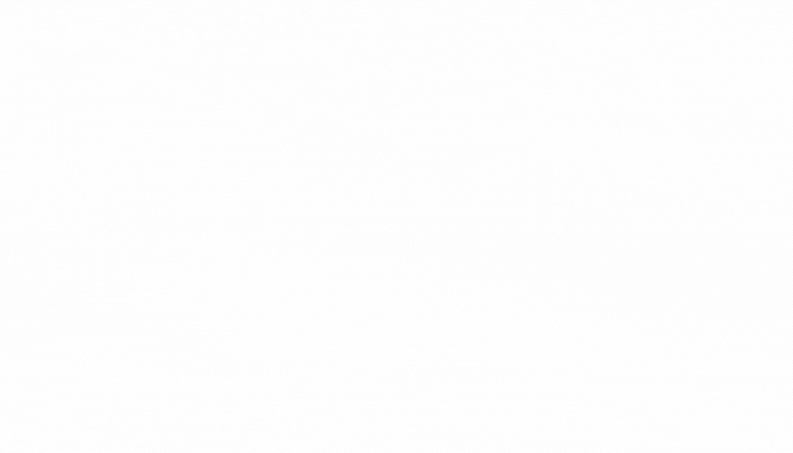
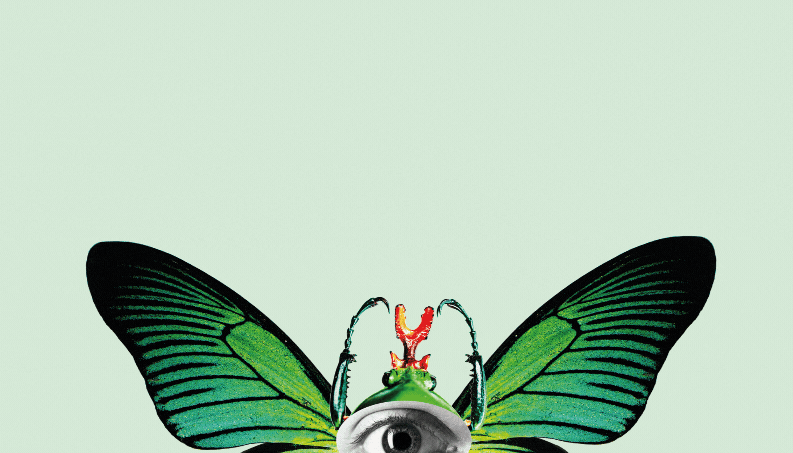

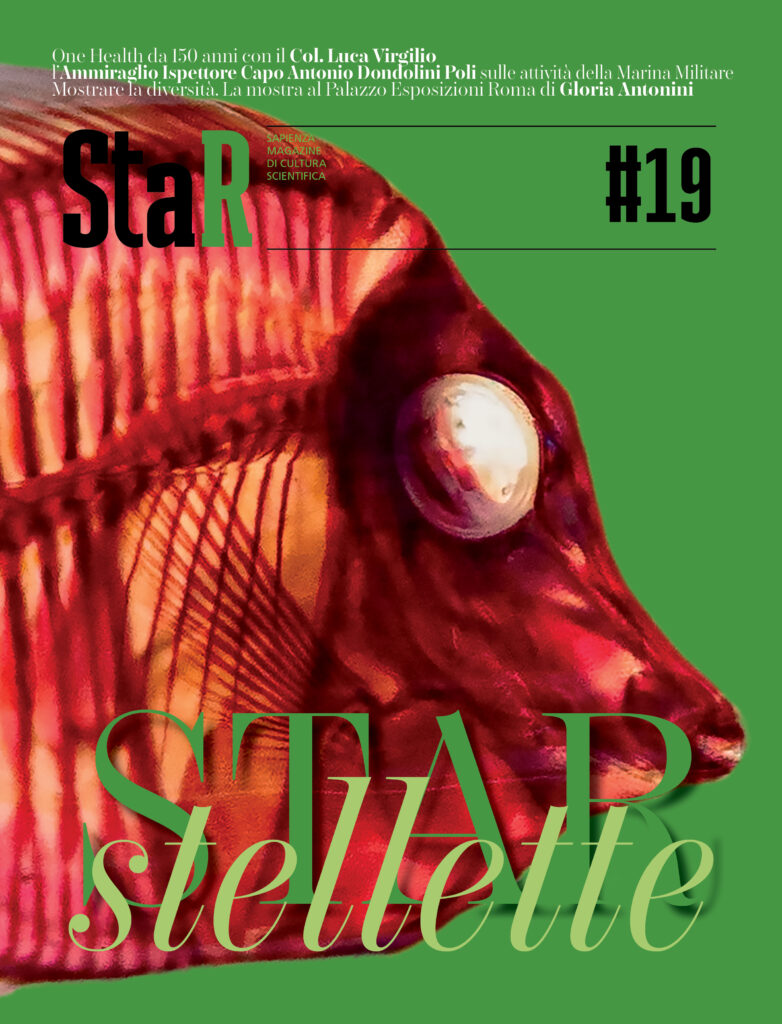





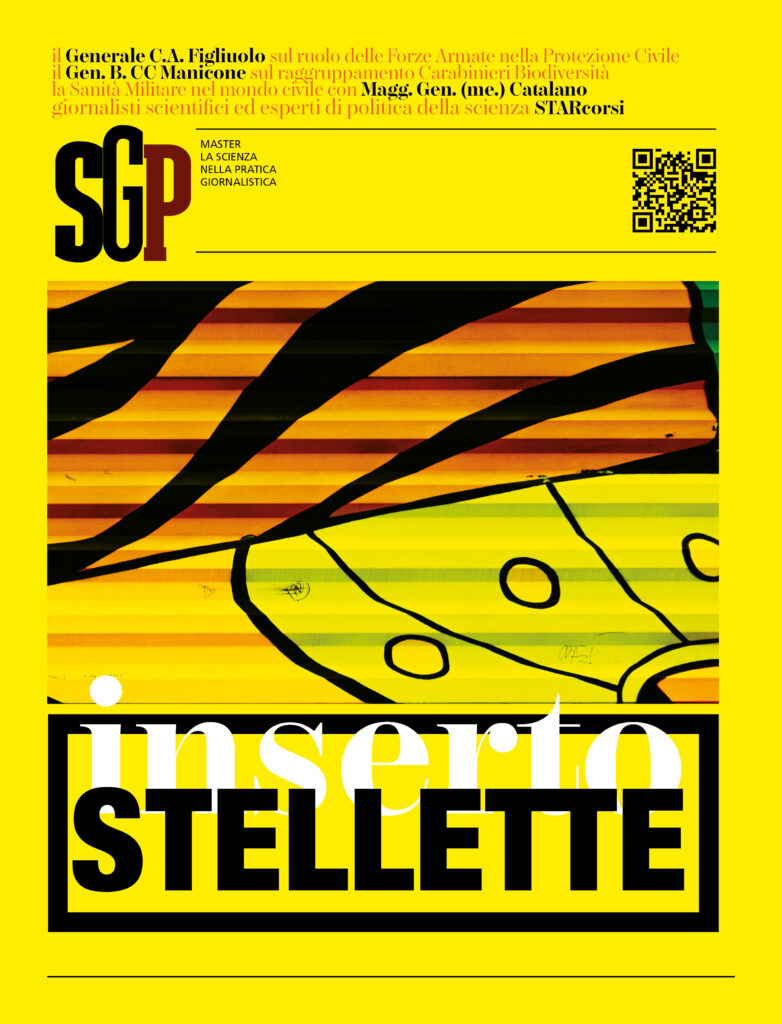

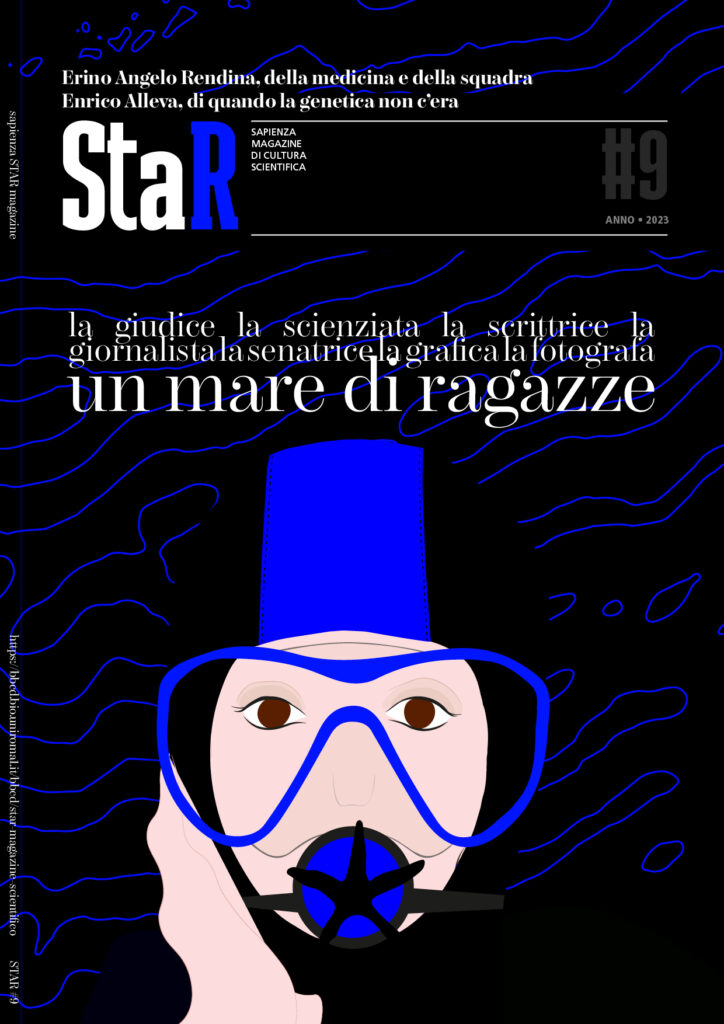
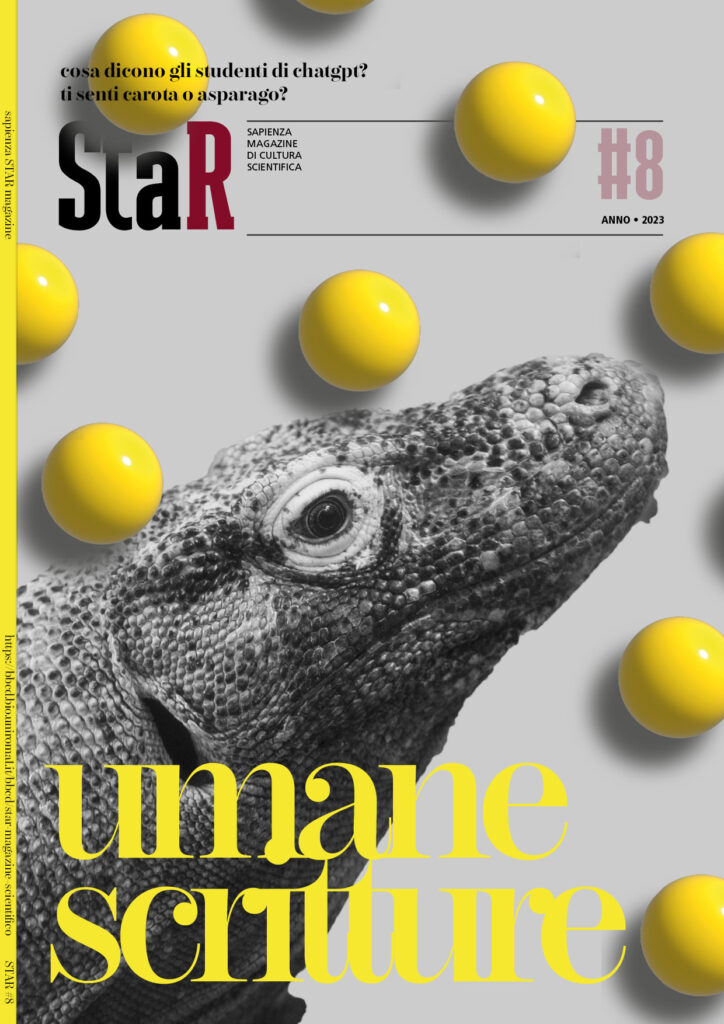
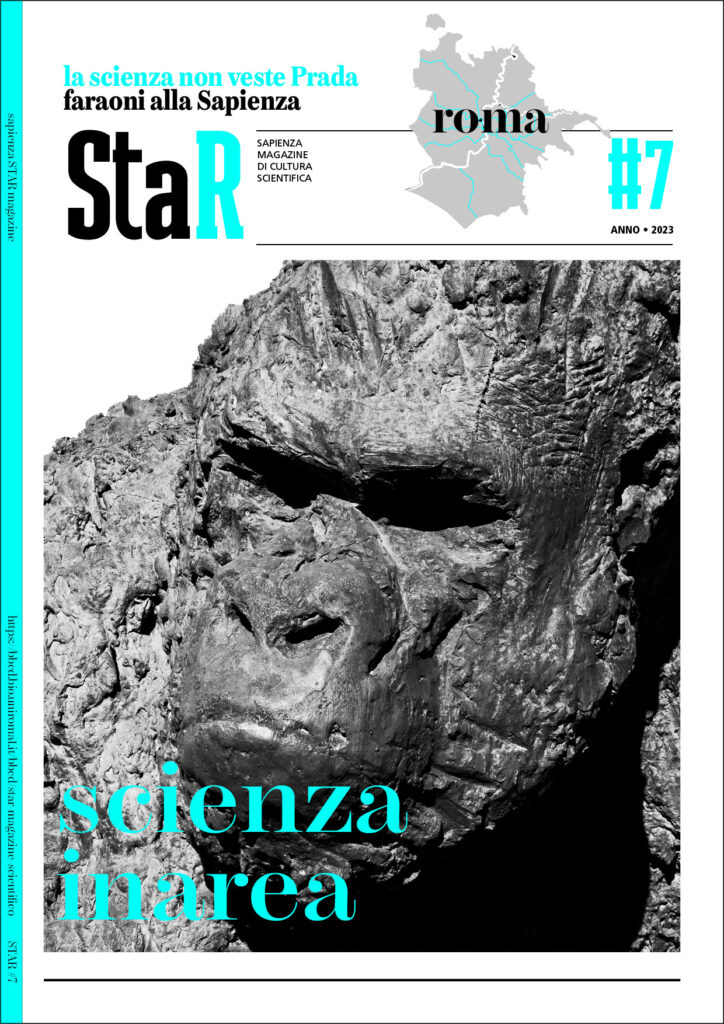

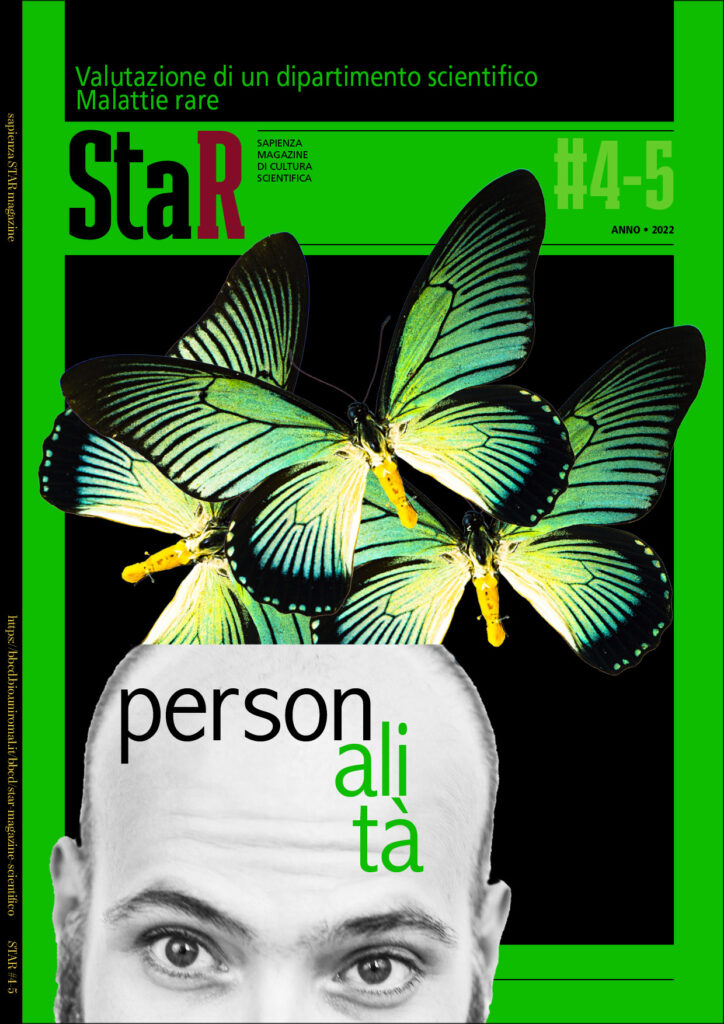

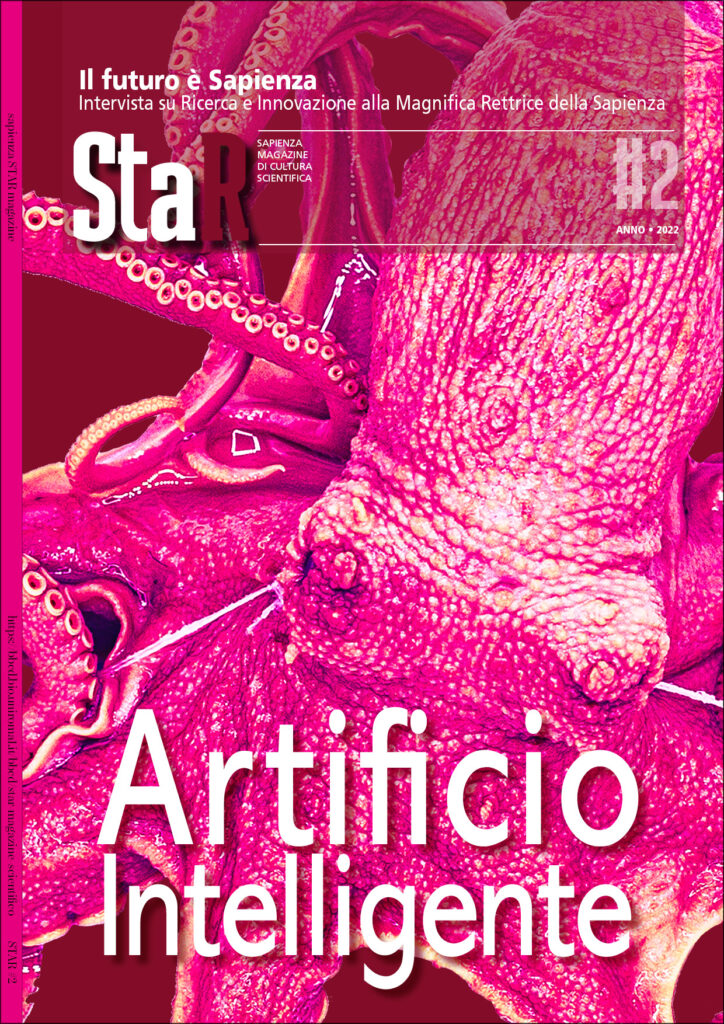

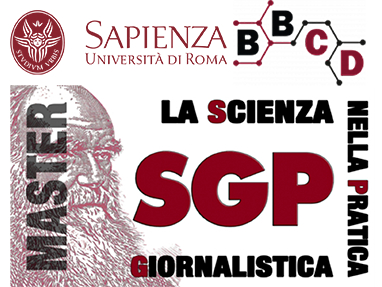
Commenti recenti